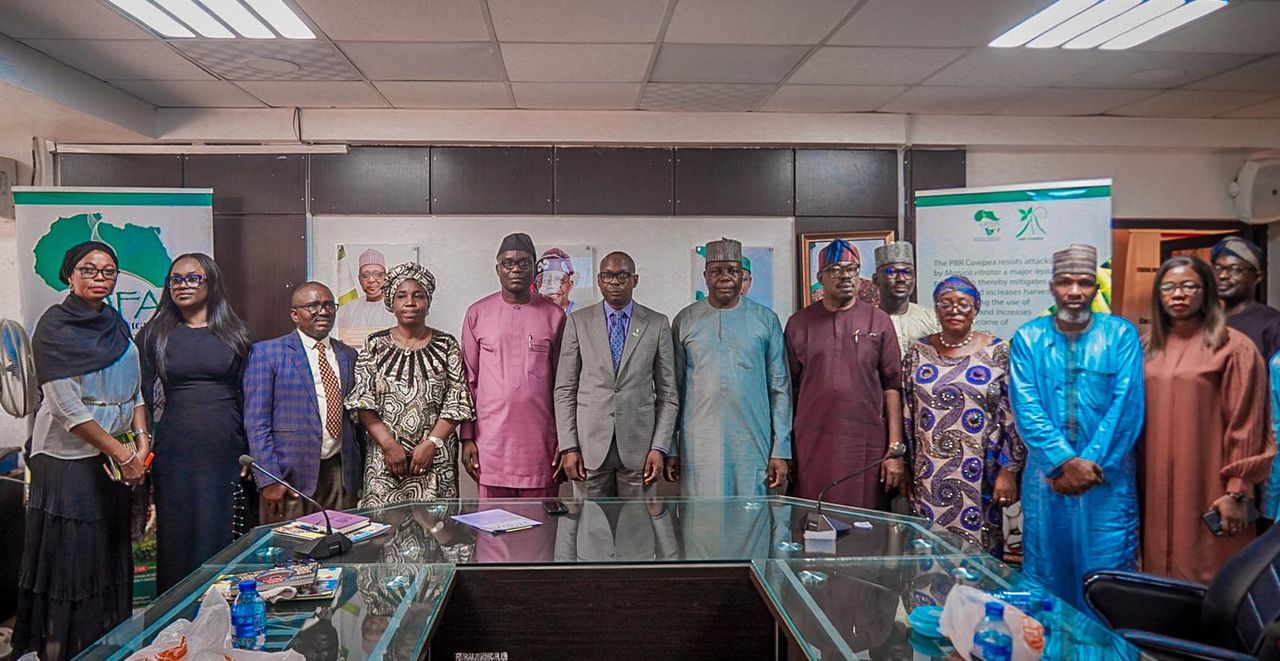National News
FG to integrate biotech advancements into healthcare sector

The federal government has announced plans to integrate advancements in biotechnology into Nigeria’s healthcare system in a bid to combat endemic diseases, improve maternal and child health, and enhance the overall quality of life for its citizens.
Speaking at a sensitisation workshop on biotechnology and biosafety in Abuja, the Minister of State for Health and Social Welfare, Dr Iziaq Adekunle Salako, affirmed that the ministry would prioritise the development of robust biosafety frameworks aimed at fostering public trust and enabling the ethical deployment of biotechnological innovations.
“In healthcare, biotechnology paves the way for cutting-edge diagnostics, novel therapeutics, precision and regenerative medicine, immunotherapy, and preventive strategies, particularly through the production of vaccines using recombinant DNA technology,” he stated.
Highlighting the critical role of science in the national development goals of President Tinubu’s Renewed Hope Agenda, Dr Salako called for collaboration among stakeholders and policymakers to ensure that biotechnology is harnessed in ways that align with societal values and address Nigeria’s specific needs, particularly in achieving food security and public health excellence.
The minister also addressed widespread misconceptions surrounding genetically modified organisms (GMOS), emphasising that there is no scientific evidence to support claims that GMOS cause cancer or other health problems.
“Over the past three decades, more than 2,000 rigorous studies have confirmed that GMO foods are just as safe as conventional foods,” he noted.

He referenced the strong scientific consensus held by reputable institutions, including the US National Academy of Sciences and the Union of the German Academies of Sciences and Humanities.
“In 2012, 110 Nobel Laureates attested that crops improved through biotechnology are as safe as—if not safer than—those produced through traditional methods, due to the stringent scrutiny involved in genetic modification processes,” he added.
Ifeoma Nwovu
-

 News4 hours ago
News4 hours agoOpposition Reps raise alarm over alleged non-implementation of 2025 budget
-

 Business4 hours ago
Business4 hours agoCurrency outside Banks rises 10.2% as money supply expands
-

 World News4 hours ago
World News4 hours agoNigeria’s exports to Africa hits N4.82trn
-

 National News4 hours ago
National News4 hours agoClean Energy key to survival, healthy living — Remi Tinubu
-

 Metro4 hours ago
Metro4 hours agoPolice Inspector killed as officers rescue kidnap victim in Oyo
-

 News23 minutes ago
News23 minutes agoBREAKING: Soludo orders closure of Onitsha Main Market over sit-at-home defiance

















